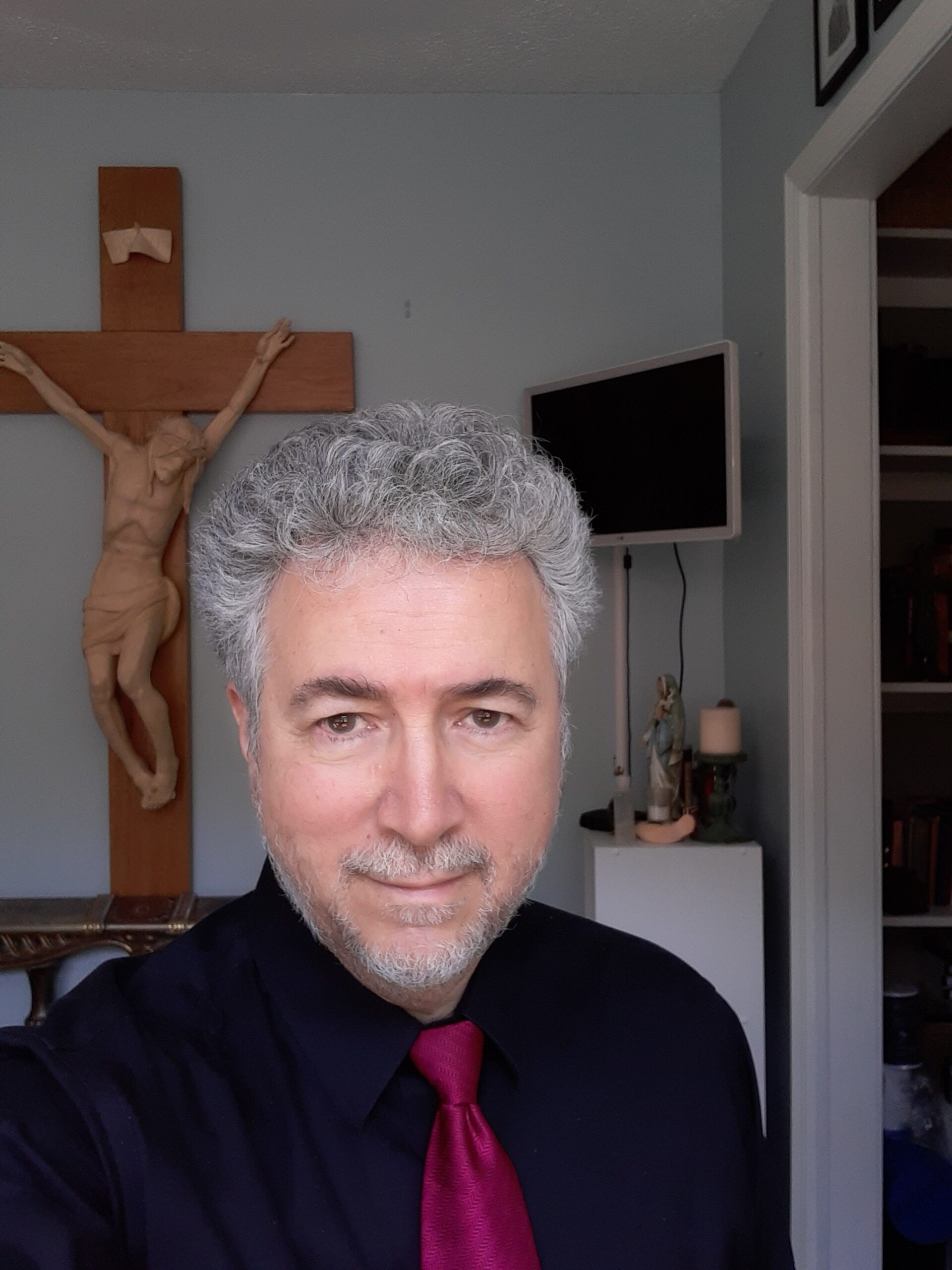Every good parent (and good authority figure in general) in the beginning spells out with clarity what the boundaries are. Analogously, when children know the acceptable area on which they can play, they then may be free to play to their heart’s content. The fence around the yard keeps them safe from danger.
This is what the forbidden tree in Eden signified. It was coupled with the charitable warning “If you eat from it you shall surely die.” With the exception of this boundary, the first humans had the entire garden paradise at their disposal.
One major reason post-Vatican II Catholics suffered so much confusion is many leaders listened to the pop psychologists who claimed fear rather than love (as if they’re mutually exclusive) is a detriment to the psyche. Hence, catechesis and homilies stopped imparting holy fear (the ‘beginning’ of wisdom) of the legitimate boundaries of human nature, and maintained a deafening silence on sin and hell. The appeal to love without definition, especially for the spiritually immature, was the cause of great confusion and pain, leading many into the great fog of subjectivism to define sin according to their feelings and concupiscence-formed comfort zones. A very dangerous “follow your own conscience” principle became mantra of the age, interpreted by many as ‘be nice’ and do what you ‘feel’ is right. An inevitable “everybody goes to heaven” mentality followed (despite how one responds to grace) to replace the sober meditation on the Four Last Things.
There have been many attempts at fixing this fatal approach to religiosity, an approach that began with good intentions: Too many pre-Vatican II Catholics were obedient to the rituals but maintained a disconnect between their faith and how they lived. Vatican II wanted to close that gap by encouraging the laity to own their faith. It worked for some, who grew beautifully in their faith, but many are still finding their way out of the sin-infested woods of confusion in the modern world. Healthy formation must begin with defining good from evil and truth from falsehood – all which all emanate from the eternal essence of God – and the consequences of our personal choices, temporal and eternal. This is the necessary foundation BEFORE a mature faith can know how to properly love of God and neighbor.
As Scripture warns us, you can’t build a house on sand. You can’t love God and neighbor without knowing what love means objectively. Thanks be to God Christ left His Church with the intellectual and spiritual mechanisms for His Spirit to right the Ship – which is the Noah’s Ark of the New Covenant – through the stormy waters of the world to eternal life. Love without truth is pure sentiment, which, if followed and practiced (and legitimized, as we see today), leads to the destruction of souls. Own your faith, yes; but first know it. Otherwise you’re owning a delusion.

